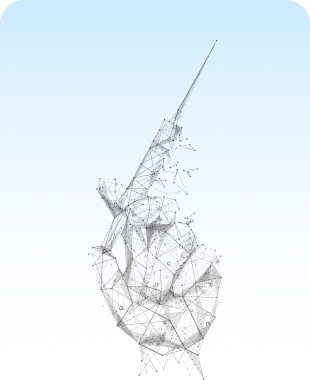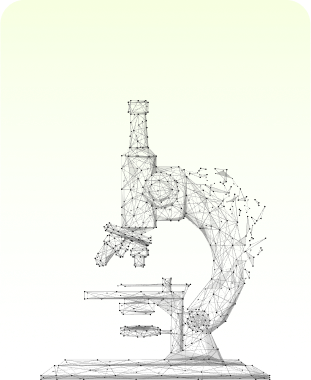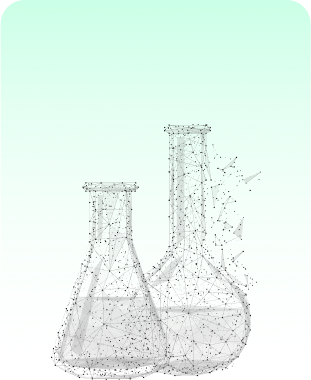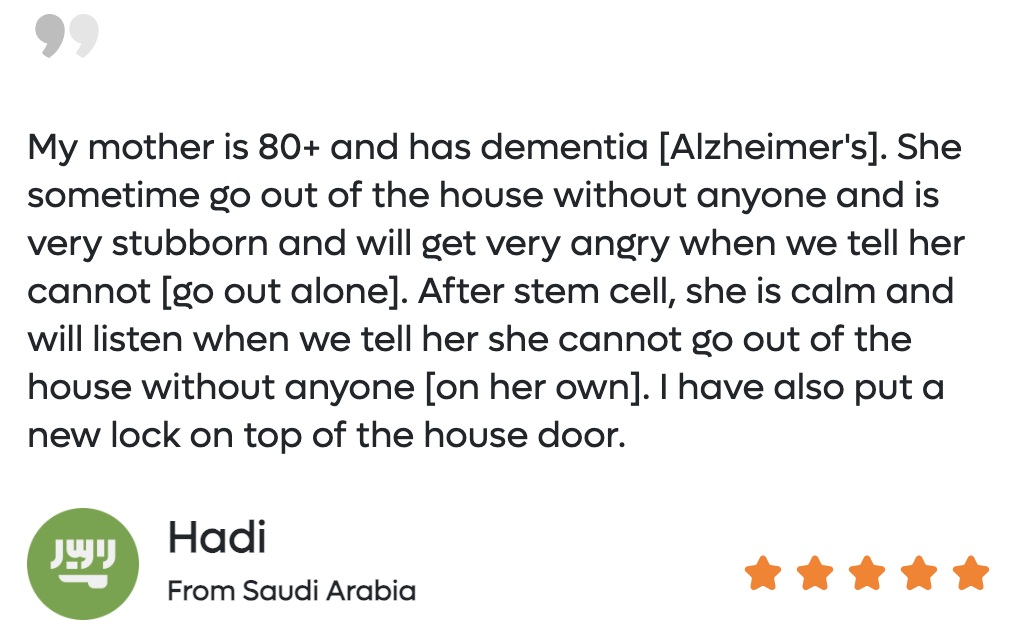Brain
Skin
Neck
Shoulders
Lungs
Heart
Liver
Pancreas
Elbows
Kidneys
Hips
Stomach
Wrists
Fingers & Knuckles
Groin & Reproduction
Knees
Ankles
Feet
Toes

- Central Nervous System
- Spinal cord
- Intervertebral Discs & Back




































.jpg)

_Oxford_University.jpg)











 info@cyronacell.com
info@cyronacell.com